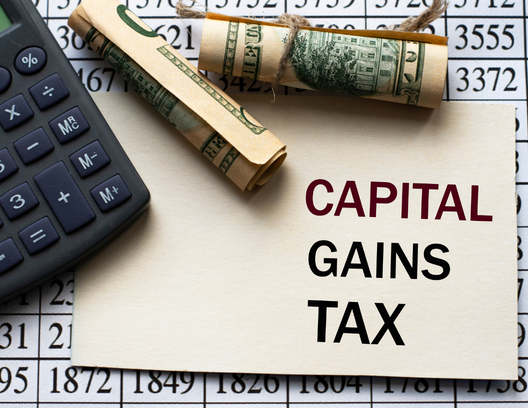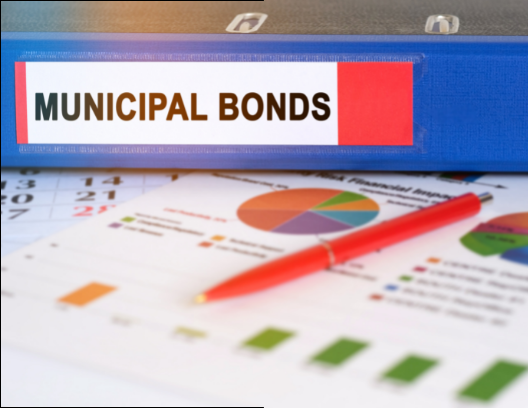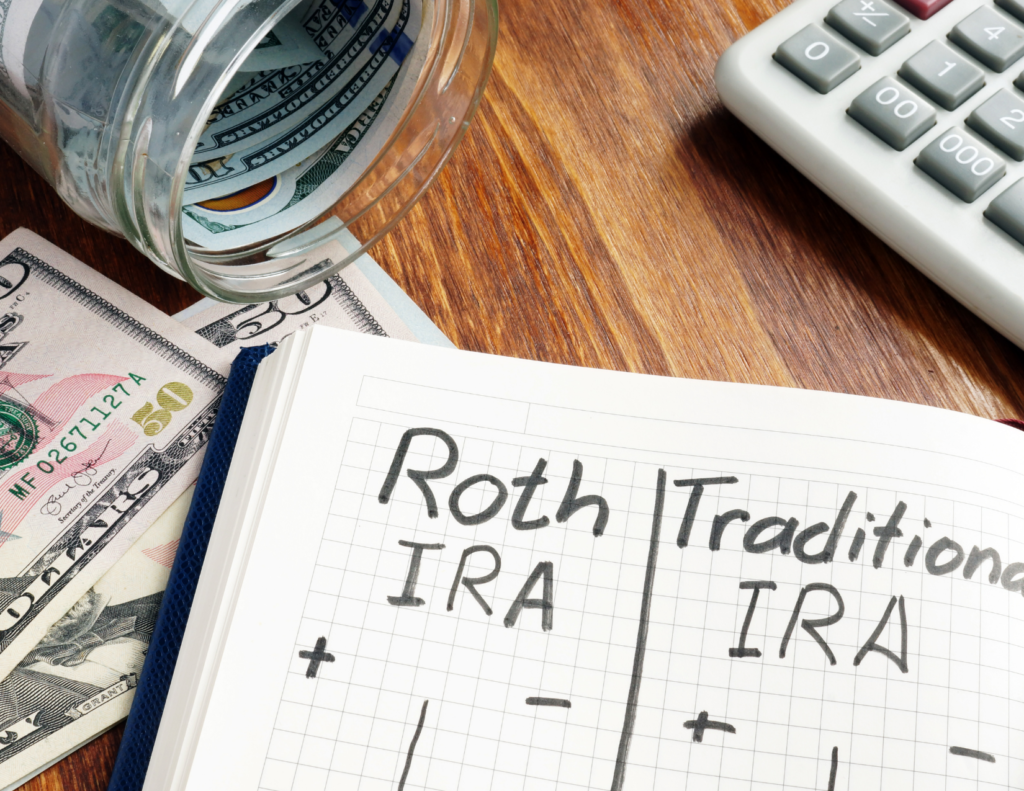Long-Term Capital Gains Tax Rates
Long-term capital gains tax is a tax on gains from the sale of capital assets held for more than a year.
The long-term capital gains tax rates are 0%, 15% or 20% depending on a combination of your taxable income and filing status.
While the capital gains tax rates did not change for 2022, the income required to qualify for each bracket was increased to adjust for inflation.
| Filing Status | Single | Married filing jointly | Married filing separately | Head of household |
| 0% Rate | Up to $41,675 | Up to $83,350 | Up to $41,675 | Up to $55,800 |
| 15% Rate | $41,676 – $459,750 | $83,351 – $517,200 | $41,676 – $258,600 | $55,801 – $488,500 |
| 20% Rate | Over $459,750 | Over $517,200 | Over $258,600 | Over $488,500 |
Source: Internal Revenue Service






